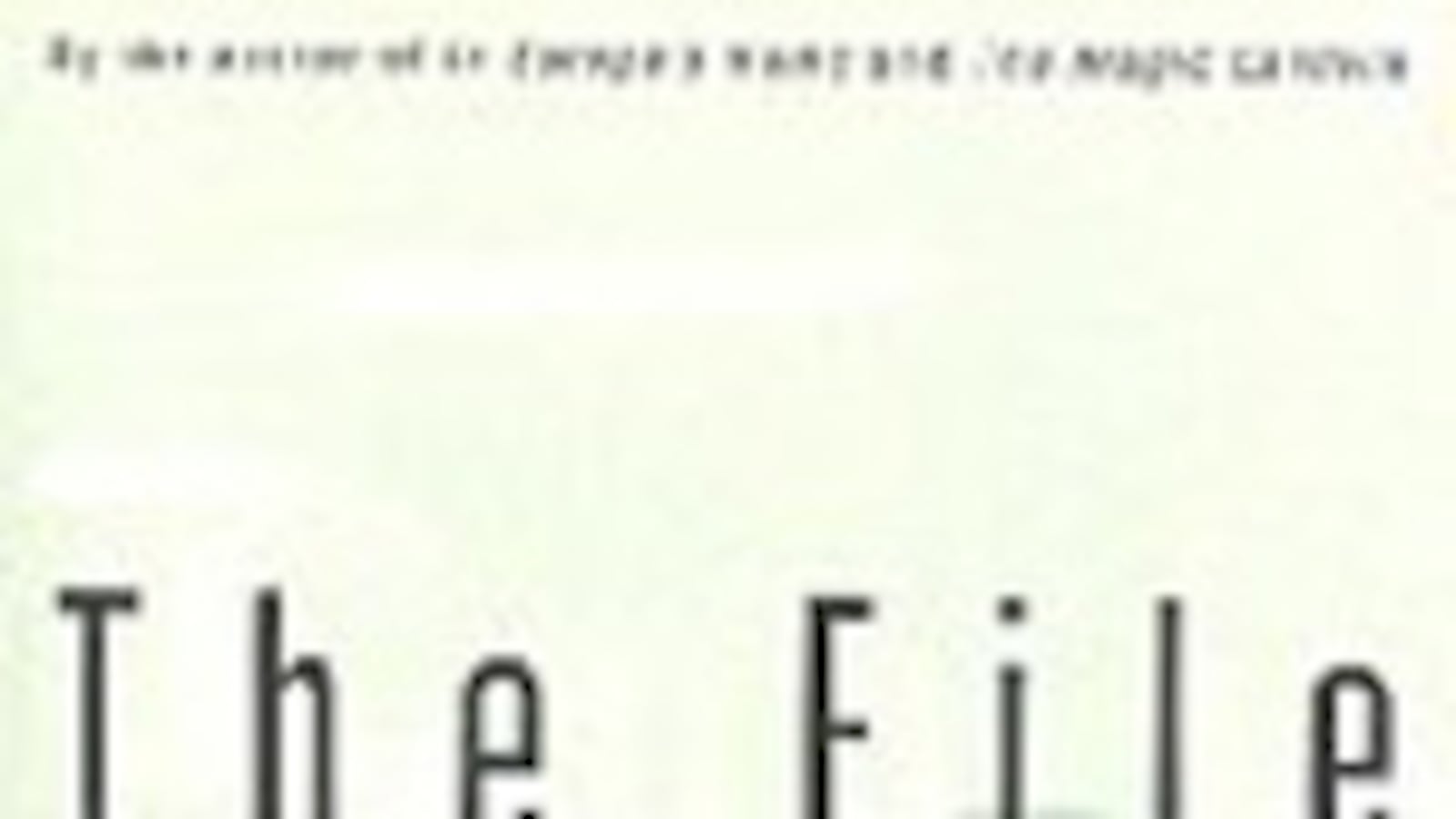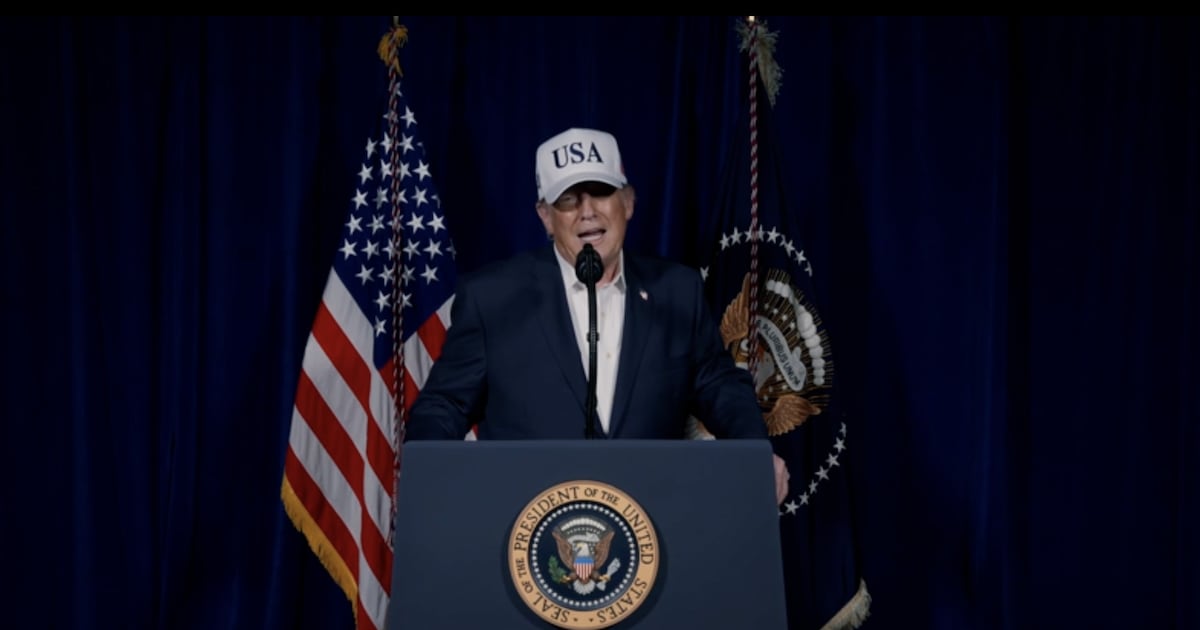
The File: A Personal HistoryA most astute political commentator and historian, Timothy Garton Ash spent years in Eastern Europe researching the various communist regimes, but the infamous East German secret police, the Stasi, did him one better and began investigating him. After the wall fell and the GDR collapsed, Garton Ash went back to read the impressive dossier the Stasi collected on him to re-create his own youth and glimpse inside the relentless bureaucracy of the totalitarian state. Fans of Garton Ash should also seek his superb work of reportage, The Magic Lantern, on what he saw and experienced in 1989.

Revolution 1989: The Fall of the Soviet EmpireIn the last few months, numerous books have come out that attempt to synthesize the compelling story of the fall of communism, but Revolution 1989 comes closest to being the essential volume. Sebestyen’s elegant narrative lays out in crisp episodes what was happening in Russia, Bulgaria, East Germany, Hungary, Czechoslovakia, and Afghanistan throughout the tumultuous 1980s. His portrait of Gorbachev is particularly sharp—and asks us to reconsider the Soviet leader’s surprising role 20 years ago. As a refugee from Hungary in 1956, Sebestyen brings a personal touch to these historic moments.

Tinker, Tailor, Soldier, SpyAlthough The Spy Who Came in From the Cold is perhaps John le Carre’s most famous novel, Tinker, Tailor, Solider, Spy is his great masterpiece featuring George Smiley, now in retirement, who must track down and expose a high-ranking Soviet mole. It is a fictional re-creation of the devastating revelations in Britain in the 1950s and ’60s, when the Cambridge Five (Kim Philby, Anthony Blunt, Donald Maclean, Guy Burgess, and a mysterious fifth) were exposed as spies. No one writes about the Cold War like le Carré, and there is no better novel to understand that convoluted world of espionage and high treason.

The Wall JumperThere is no better time to read this unjustly overlooked novel about the very human meaning of the Berlin Wall. Schneider’s deft collection of stories takes in the wall’s impact on the lives, loves, and hopes of Berliners from both sides. Schneider’s short novel presents a textured and nuanced understanding of the wall that Ian McEwan wrote “[is] sustained by its wit as well as by its psychological acuity and a spirit of free inquiry—this is no Cold War apologia for Western capitalism, and the bar-room exchanges suggest succinctly the elusive quality of personal freedom.” On the 20th anniversary of the wall’s fall, there’s no better place to start understanding what it means than with Schneider’s book.






